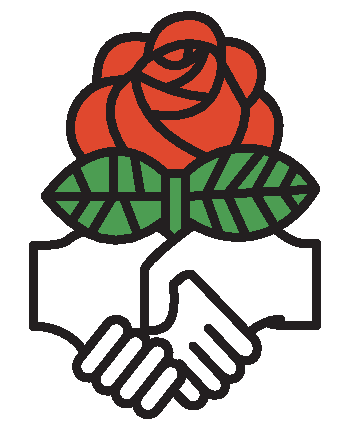Rape as a Weapon or Tactic of Armed Conflict
Cape Town, South Africa, 27 and 28 August 2012
Resolution
Rape is being used as a major and effective weapon or tactic to accomplish military objectives in armed conflicts worldwide. Sexual violence against women and girls is used to destroy communities, ethnic populations, and sometimes to accomplish genocide.
While it is difficult to know the extent of rape in conflict; what is known is shocking. Statistics, show that between 250 000 and 500 000 women were raped during the genocide in Rwanda in the course of 100 days and between 5 000 and 20 000 children were born as a result of rape. Local health centers in the Democratic Republic of Congo estimated that about 40 women are raped in the South Kivu region every day. The International Rescue Committee (IRC) estimates that for every rape reported, there are 30 that are not reported.
Further, these statistics are only of survivors of rape, and does not include the numerous women and who die from rape during conflict. One reason that the numbers of women injured and killed by rape are so scarce is that rape is not treated as the unlawful weapon of war that it is by states and major global weapons monitors such as the ICRC. Consequently, injuries and deaths to women and girls from rape in armed conflict are not tracked like other injuries to civilians from other weapons.
In UN Security Council resolution (SCR) 1325 in 2000 the Security Council (SC) addressed sexual violence in armed conflict as a threat to global peace and security, and mandated that all states take specific actions to address this problem. First and foremost, the SC required that all states ensure the equal treatment of women and that guarantees under international humanitarian law and human rights law are complied with and enforced for women, including the Geneva Conventions and CEDAW. Accordingly, this includes the obligations of all states under international humanitarian law to end impunity for war crimes, and prevent and stop conflict. Furthermore, this resolution commits the UN system and UN member countries to ensure that countries in conflict comply with the laws of war, act to end the use of sexual violence, prosecute all violations of the laws of war, and not grant amnesty to perpetrators.
SCR 1325 is intended to ensure women have more, not less rights, that the laws of war are equally enforced for them, and that measures are taken to ensure that women are part of peace processes, transitional justice mechanisms and post-conflict governments. SCR 1325 has been followed by several resolutions which reinforce and strengthen the rights of women during armed conflict, including against sexual violence in conflict; SCRs 1820, 1888, 1889, and 1960.
Socialist International Women believes that social democratic countries should take on a leadership role in ensuring that the SCR 1325 and other related resolutions and the laws of war that they are based on are actually utilized and are enforced.
To strengthen women’s opportunities for health care and freedom from sexual abuse, it is important that we examine how women are not receiving the medical care they are entitled to and seek to join with other countries in remedying this any deficiencies.
The health sector has an important role to play in terms of preventive measures, treatment and rehabilitation. Women who are victims of sexual violence or rape require urgent medical treatment and follow-up. Socialist International Women believes that access to safe abortion must be a part of the treatment provided to these victims. According to the Global Justice Center, the practice of some humanitarian aid organizations prevents the provision of safe abortion service to rape victims in conflict, which contravenes the rights of these women under international humanitarian law and specific EU regulations which provide that safe abortion should be a part of the treatment accorded to these victims.
However, the United States government, including through the U.S. Agency for International Development (USAID), places strict restrictions on how U.S. humanitarian aid is used and distributed. One of these restrictions is that U.S. funded health centers cannot provide abortions for women, including to women raped in conflict. For Socialist International Women, it is important that aid money will provide comprehensive medical care for women during conflict, and that the option of abortion should be offered to those victims of sexual violence who want one. Socialist International Women requires that all countries recognize that girls and women raped in armed conflict have the right to the option of abortion.
Furthermore, Socialist International Women believes that sexual violence is used as a weapon of war, and is not merely a side product of war violence, but rather, that it is used deliberately and strategically to destabilize communities and achieve military objectives.
Socialist International Women requires that:
– The use of sexual violence used as an illegal tactic and weapon of war is put on the international agenda;
– International aid organizations that provide health care for women in conflict-affected areas, to provide abortions for women who have been raped, as they are entitled to under the Geneva Conventions;
– Rape is included on the list of unlawful weapons of war under the Rome Statute of the International Criminal Court (ICC)
– Prohibitions on the use of sexual violence as an illegal tactic and weapon of war are enforced so as to hold states civilly accountable, and high officials criminally responsible for its use.

